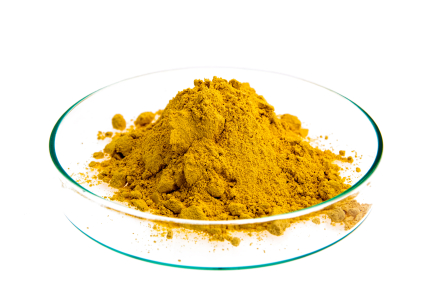
by admin | Sep 27, 2012 | Natural Facts, Newsletter thru 2013
Phytosomes are advanced forms of herbal products that are better absorbed, utilized, and as a result produce better results than conventional herbal extracts. Phytosomes are produced via a patented process whereby the individual components of an herbal extract are...

by admin | Sep 26, 2012 | Natural Facts, Newsletter thru 2013
Introduction: The statistics on the growing epidemic of type 2 diabetes are staggering as it is now estimated that one-half of all Americans adults will develop the disease by 2020. It is a serious issue that will bankrupt our society on many levels if the tide is not...

by admin | Sep 19, 2012 | Natural Facts, Newsletter thru 2013
Background Resveratrol is a plant compound similar to flavonoids. It is found in low levels in the skin of red grapes, red wine, cocoa powder, baking chocolate, dark chocolate, peanuts, and mulberry skin. Red wine is perhaps the most recognized source of resveratrol,...

by admin | Sep 12, 2012 | Natural Facts, Newsletter thru 2013
Introduction Despite the fact that the U.S. Center for Disease Control (CDC) advocates a seasonal flu shot for everyone, the reality is that not everyone feels comfortable with this recommendation. I know that myself and many other health experts do not endorse...

by admin | Aug 29, 2012 | Natural Facts, Newsletter thru 2013
Background InformationWhile calcium gets most of the attention, magnesium is just as much of a major essential mineral and may be a much more important supplement consideration for many. Over 50% of the body’s magnesium is contained in the bones. Magnesium is...

by admin | Aug 23, 2012 | Natural Facts, Newsletter thru 2013
The Encyclopedia of Natural Medicine just underwent its first revision in 15 years. In this broadcast of Five to Thrive Live, coauthor Michael Murray, ND, describes what surprised him most when updating the book and explains why curcumin, proteolytic enzymes and beta...









